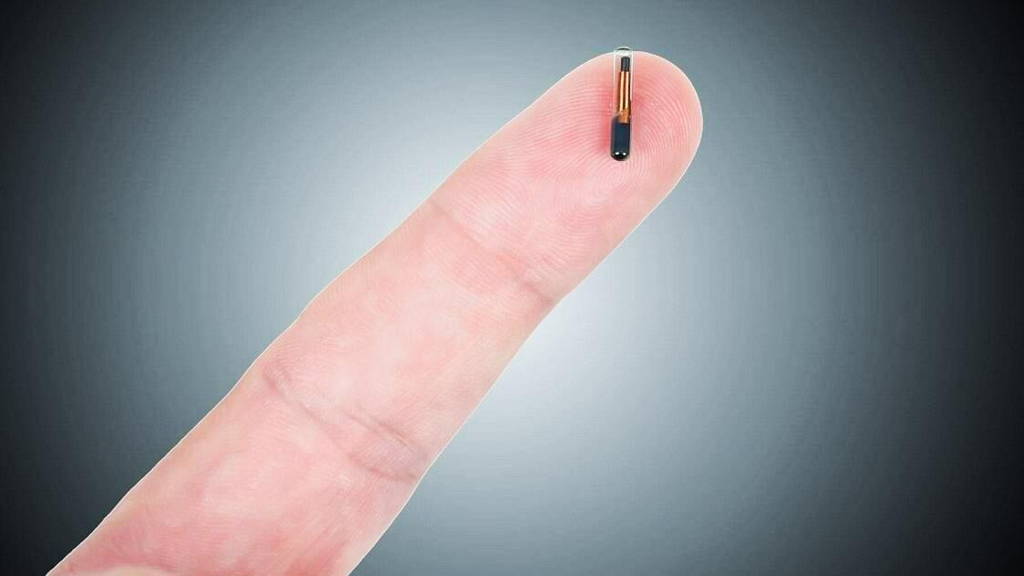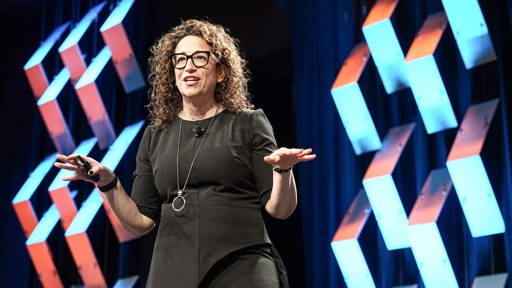An article in the New American looks at all the pro’s and con’s, citing several other articles written about the good and bad usage of -implanted microchips. Among others, Mac Slavo is quoted on how these implants won’t just be popular in the future, they will become mandatory. Why? Because they will be used for everything from cashless payments to pening the garage door, from government services to identification.
Also, people will not be forced into getting these implants, they will want to get them. Especially young people will want the latest technology, just like the want the newest fashion each year. According to NewsMax’s James Hirsen, the future is here already. He writes: In various places all over the world, there are individuals who open doors, start cars, and control their computers with a mere gesture of their hands or arms.
They are among the first wave of people who have voluntarily allowed a miniature computer chip to be placed inside of their bodies. Most are part of a group that advocates biohacking, a concept in which activists seek to enhance the human body through the use of technology. Biohackers are part of a movement called Transhumanists, who seek the enhance the human body by means of genetics or technology.
The benefits of this technology are seductive: no more problems when loosing your wallet or ID, limitless and immediate access to databases, writes Lain Gillespie in the Sydney Morning Herald: The implants send a unique ID number that can be used to activate devices such as phones and locks, and can link to databases containing limitless information, including personal details such as names, addresses and health records.”
University of Wollongong professor Katina Michael warns “RFID microchips are essentially a unique ID embedded in your body, and, as we know, numbers can be stolen and data can be hacked. They point to an uber-surveillance society that is big brother on the inside looking out. Governments or large corporations would have the ability to track people's actions and movements ... and ultimately even control them.”
So there you have George Orwells ‘1984’ again. Its up to the reader to decide in which direction he or she believes things will proceed. One thing is for sure: interesting times we do live in, no matter wether it can be seen as a blessing or a curse.
Also, people will not be forced into getting these implants, they will want to get them. Especially young people will want the latest technology, just like the want the newest fashion each year. According to NewsMax’s James Hirsen, the future is here already. He writes: In various places all over the world, there are individuals who open doors, start cars, and control their computers with a mere gesture of their hands or arms.
They are among the first wave of people who have voluntarily allowed a miniature computer chip to be placed inside of their bodies. Most are part of a group that advocates biohacking, a concept in which activists seek to enhance the human body through the use of technology. Biohackers are part of a movement called Transhumanists, who seek the enhance the human body by means of genetics or technology.
The benefits of this technology are seductive: no more problems when loosing your wallet or ID, limitless and immediate access to databases, writes Lain Gillespie in the Sydney Morning Herald: The implants send a unique ID number that can be used to activate devices such as phones and locks, and can link to databases containing limitless information, including personal details such as names, addresses and health records.”
Are there con’s as well?
Yes. Cybernetics scientist Dr. Mark Gasson of the UK’s University of Reading implanted a chip in himself in 2009 to control his office’s electronic gadgets. He became the world’s first human infected with a computer virus. Also, there is speculation on how purely biological transistors made out of of genetic material have been developed. They can operate within living cells and reprogram living systems. But perhaps they and other implants can also be used eventually to (re)program thoughts.University of Wollongong professor Katina Michael warns “RFID microchips are essentially a unique ID embedded in your body, and, as we know, numbers can be stolen and data can be hacked. They point to an uber-surveillance society that is big brother on the inside looking out. Governments or large corporations would have the ability to track people's actions and movements ... and ultimately even control them.”
So there you have George Orwells ‘1984’ again. Its up to the reader to decide in which direction he or she believes things will proceed. One thing is for sure: interesting times we do live in, no matter wether it can be seen as a blessing or a curse.








